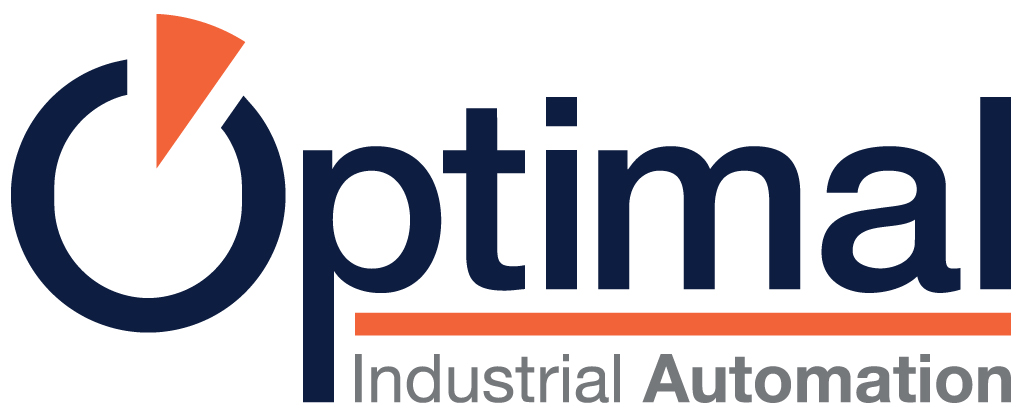
Does your automation system integrator understand the demands of the pharmaceutical sector?
Martin Gadsby, Director at Optimal Industrial Automation, looks at how to choose a system integrator that can deliver high-quality Pharma 4.0 automation projects.
As Industry 4.0 becomes part of the everyday lives of manufacturers, the digital transformation of businesses is a must for organisations that want to thrive in this new, digital era. The ideal digital infrastructure delivers optimum interoperability, to connect different units and share data from multiple sources. It is also fully integrated, allowing software and hardware components to effectively send and receive information. This means that manufacturers must rely on system integrators to build such environments.
The first consideration for drug makers looking for system integrators should be sourcing specialists that have good and comprehensive technological knowledge and expertise. With plenty of information technology (IT) and operational technology (OT) solutions currently available, it is important to identify the most suitable to benefit from highly effective, fully integrated systems.
This also gives manufacturers the confidence that they are leveraging a single provider – able to address any type of project – independently of the scale or complexity. For instance, by relying on companies such as Optimal, businesses in the pharmaceutical industry can implement a wide range of projects: from small PLC systems, through SCADA, to large-scale DCS, MES, robotic and even Process Analytical Technology solutions. Also, they can benefit from a one-stop-shop for design, installation, configuration, programming as well as hardware and software support.
The importance of quality-oriented integrators
Pharmaceutical businesses should identify and favour full-service providers that use advanced quality management systems. Choosing integrators that adhere to renowned standards, such as ISO 9001 (2015), and have a good working experience in good automated manufacturing practice (GAMP), is a must. By working in compliance with internationally recognised standards and guidelines, system integrators can prove their commitment to quality.
On top of that, quality-driven organisations will also leverage Quality by Design (QbD) approaches where possible to deliver optimal solutions. This systematic, holistic and quality-centric approach focuses on building quality into a product – or, in this case, system integration, starting from the earliest planning stages and continuing throughout the different phases of installation, configuration and programming.
For example, Optimal follows an advanced quality system, which incorporates QbD into all of the company’s activities. Standard procedures and guidelines are defined by a dedicated team of quality specialists, which also makes sure that all practices are beneficial to clients. In addition, the team continuously improves and updates quality policies to deliver optimum results.
Knowing the sector is key
Finally, suitable integrators for pharmaceutical manufacturers should have extensive experience in the pharmaceutical sector and its strict regulations. Searching for integrators that are competent in a specific market is crucial, as their portfolio of successful projects can reassure drug makers that their needs and requests are properly addressed.
This also means developing a solution that complies with pharmaceutical good manufacturing practices (GMP). In particular, system integrators supporting this industry should create infrastructures that adhere to standards for data integrity and those for electronic signatures and records (ERES) – such as the U.S. Food and Drug Administration (FDA)’s 21 CFR part 11. A successful example is Optimal, which has supported companies in this industry for over 30 years with regulatory compliant setups.
System integration providers greatly differ in their offering, and it is important to select the right one. The ideal partner should therefore have extensive technology, regulatory and industry knowledge. They should act as a one-stop-shop to provide a fully integrated and comprehensive system, whilst still adhering to strict quality management strategies. By selecting skilled and quality-driven specialists, such as Optimal, pharmaceutical manufacturers can fully reap the benefits of digitally transforming their businesses.
Image 1: The right automation system integrator can enhance the reliability, responsiveness and overall performance of production processes and units, supporting manufacturers in the creation of highly effective plants.
Image 2: System integrators should have good and comprehensive technological knowledge and expertise to identify the most suitable solutions and deliver highly effective, fully integrated systems.
Image 3: Suitable system integration providers for pharmaceutical manufacturers should leverage Quality by Design (QbD) approaches as well as deliver solutions that meet regulatory compliance requirements.
Optimal Industrial Automation has more than 30 years’ experience building, integrating and optimising manufacturing automation systems for challenging and highly regulated industries. Projects are typically for the pharmaceutical, life science, chemical, aerospace, green energy, food & beverage and other high-value process sectors.
The company’s primary aim is to deliver measurable reductions in production costs, while finding substantial improvements in productivity, product quality and business sustainability. Part of its capability in achieving this aim is experience in the implementation of Optimal’s print and inspect system product – synTI®, plus sister company Optimal Industrial Technologies’ leading PAT based process management software platform synTQ.
The company employs a large technical team qualified in software, electrical, electronic, vision and control hardware disciplines. The team has built and developed individual machines and process skids to meet regulations such as FDA 21 CFR Part 210/211 – Pharmaceutical Industry GMPs, and FDA 21 CFR Part 11 – Electronic Records and Signatures. It is also ISO accredited and has years of experience working within GAMP guidelines.
Tel: +44 (0)1905 917477
Web: www.dmaeuropa.com
Email: press-team@dmaeuropa.com
Address: Progress House, Midland Road, Worcester, Worcestershire, WR5 1AQ, United Kingdom